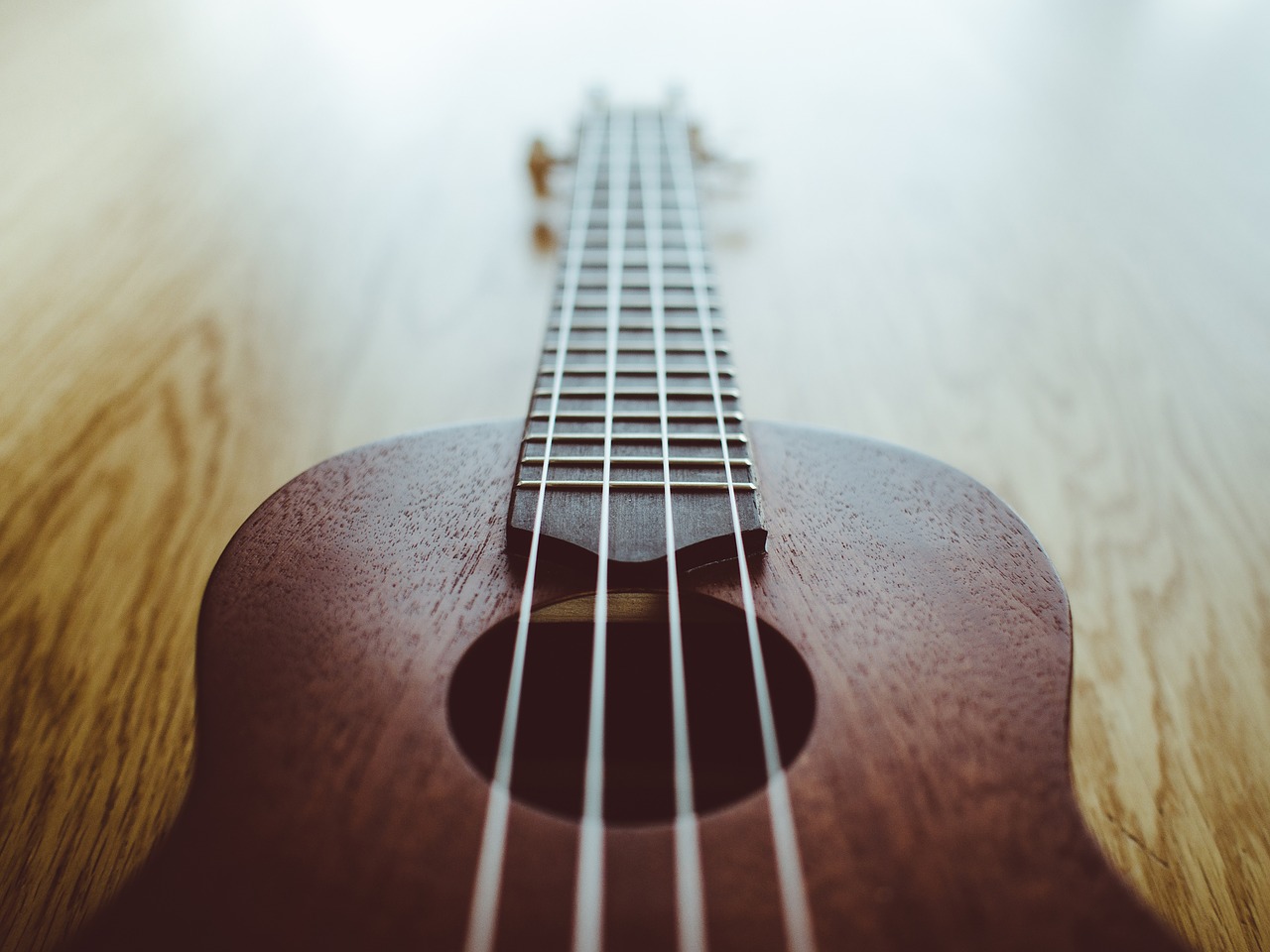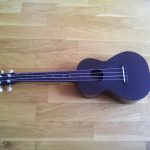
Most guitarists are fanatical. We don’t blame them, we know what it is like to be a musician and to love your instrument like a member of the family. There are times when your guitar doesn’t quite feel, sound and look right. It can be frustrating turning up to band practice or just playing a few tunes at home and something not being quite right.
In a lot of cases, this kind of thing happens because the guitar is dirty. Guitar maintenance is something it is all too easy to ignore, but if you want to make the most of your instrument, you should keep it in top nick at all times. Acoustic and electric guitars both need a bit of TLC from time to time and cleaning can also extend the life of your strings to ensure you’re not constantly replacing them. In this article, we will teach you how to clean your guitar and get back the smooth sound that everyone likes. Nobody takes up guitar for the maintenance, and this isn’t the exciting part of being a guitarist, but cleaning your guitar is vital for the best sound.
Cleaning Away Grime
If dust and dirt are part of your environment, then there is no doubt that your instrument will attract a good portion of them. If the issue was simply dust, then a dry cloth or a feather duster would solve the problem; however, when dust mixes with your skin’s oil, becomes grime. Grime is not as easier to deal with, because it sticks to all surfaces, particularly to the strings.
Strings
Strings are the most vital part of the guitar to keep clean. Some people never even bother and underestimate the importance of choosing and maintaining the strings of your instruments.
The oil of your fingertips will inevitably touch the strings every time you play. Over time, these substances will damage the string and end up with a grimy build-up. While not visible, it can be harmful. This means that the strings will wear out much faster than if they were clean. Furthermore, grime affects the characteristics of how the strings sound and can actually start to get in to the holes of the fretboard. What can you do about that? The best way to deal with grime is to wipe the strings after every session. It is generally good advice to use something cotton but there are some great guitar string cleaners on the market made by brands such as Fender. After a “general wipe”, you can also focus on each string and run your hand with the cloth in between strings along the entire length of the guitar, ensuring the individual string has been cleaned.
The Wood
Guitars are mostly made of wood and this versatile material tends to attract tons and tons of dust. The pickguard is there to avoid your guitar pick damaging the wood but sometimes this can be an issue too depending on your playing style. Dust and wood damage won’t have an impact on your playing but if you’ve saved up to buy a beautiful guitar, the last thing you want is for it to look like it lives in your grandma’s attic. First of all, you can start by blowing off the majority of it, but that is not the only trick to get rid of dust. You also need to rub the guitar with a cotton cloth or a dust keeper until you cannot see any traces anymore. There are some hard-to-reach places that need to be clean and to do that, we recommend using a small authentic hair paintbrush, which you can keep in your case. A tiny brush like this will definitely make the process easier.
The Hardware
Even though the build-up of grime does not hurt hardware so much, it definitely is not nice to see. To solve the issue, a dust-cloth is everything you really need to use for it: just rub it on the surface and it will work like magic. An alternative is to use a mild jewellery or chrome polish if you desire, but keep in mind that it must not be abrasive. Don’t use something like a scourer, otherwise, you might scratch the instrument.
Remember not to ever touch the pickups with anything that is not a dusting brush or a dry cloth, if you have an electric guitar. In fact, pickups are magnetic and they do not get on with liquid very well: the last thing that you want is to damage one of those, and this can lead to pricy repairs and replacements.
Final tips
Now that you have a clean guitar, do not forget to keep it clean! Furthermore, try to have a well-built case to protect it, avoid drastic temperature changes and make sure it has a proper place in your home to keep it safe and away from anything that could cause damage.
We hope that this guide was useful and we would love to hear what are YOUR best tips to clean a guitar.






